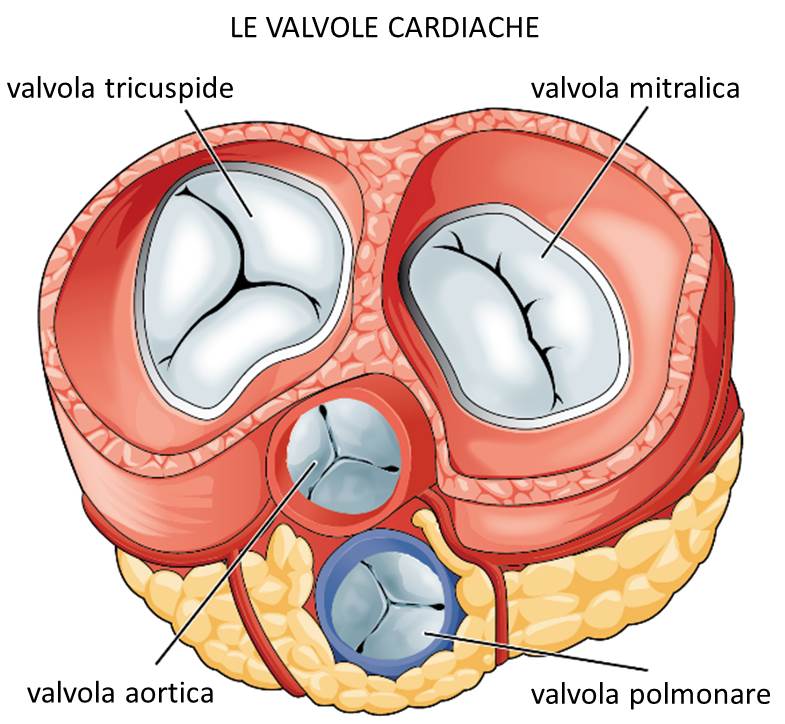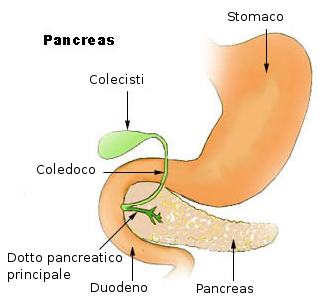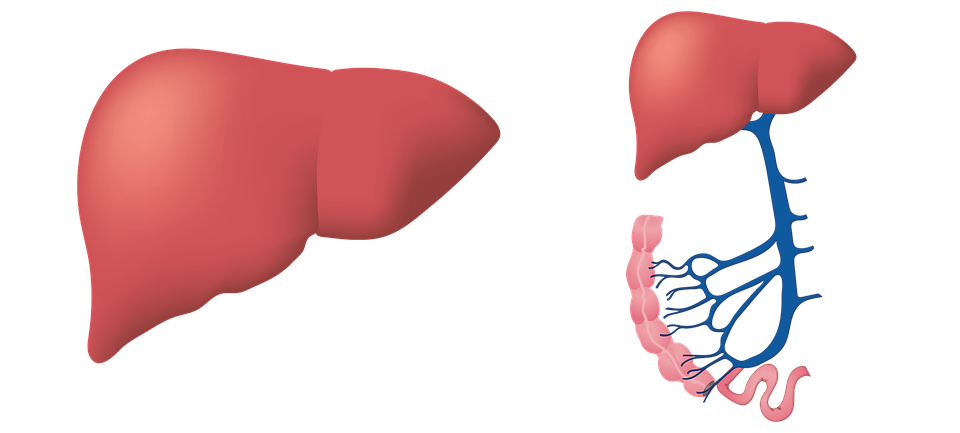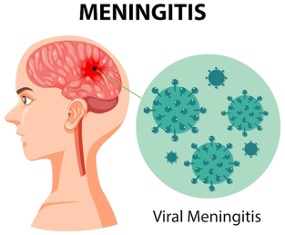Family doctor, general practitioner, primary care physician, general practitioner, general physician, or even, in institutional settings, general practitioner. Whatever you want to call him, this doctor is known to all Italians because he is the doctor to whom every citizen turns at the first symptom of discomfort. But perhaps not everyone knows that the family doctor cannot prescribe a number of medications, including those for diabetes. A limitation that physicians and specialists themselves, as well as patient associations, do not find justified and therefore call for its abolition.
Within our national health service, the primary care physician is the first-level health officer, that is, the one who provides the first level of care on the ground. Having issued the diagnosis, the general practitioner can prescribe drugs with a special prescription or indicate specialist medical visits through a so-called referral. However, he cannot prescribe innovative drugs, namely new generation antidiabetics, anticoagulants, and chronic obstructive pulmonary disease (COPD) drugs. Under current regulations in Italy, in fact, the prescription of entire classes of drugs is entrusted exclusively to medical specialists as part of the compilation of the “treatment plan.”
The rationale behind these prescribing restrictions is purely economic: these are drugs with costs on average higher than others available for the same conditions. A difference that GPs object to because, according to them, the choice of drugs should be based on shared criteria of prescriptive appropriateness, and not instead reserved only for certain categories of professionals.
As for the effects on citizens, according to primary care physicians, limiting prescriptions hinders patients’ right to access medication and risks compromising the effectiveness of treatment. Physicians, therefore, clamor to be able to prescribe the drugs they deem most appropriate, particularly antidiabetic drugs, some of which are real therapeutic advances for blood glucose control, or new anticoagulants that improve therapeutic adherence, or COPD drug combinations.
Immediate prescribing, therefore, ensures direct benefits to patients, who would not go to crowded specialist facilities. Expanding expertise would also enable family physicians to gain new professionalism and new scientific knowledge with respect to innovative drugs.
by Paola Mantovano




































































































